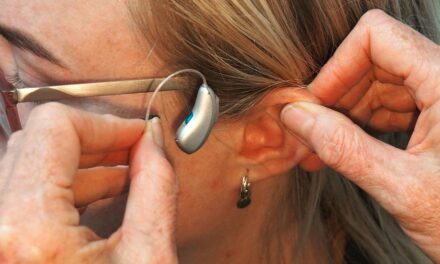Dallas, Texas — A new study has revealed that low-dose acetylsalicylic acid, commonly known as aspirin, may help reduce inflammation in individuals suffering from sleep loss. The findings were presented on Monday at the SLEEP 2024 annual meeting in Texas, US.
The research, conducted by a team from Harvard Medical School, demonstrated that preemptive administration of low-dose aspirin during periods of sleep loss significantly reduced pro-inflammatory responses. The study highlights the potential of aspirin in mitigating the inflammatory effects associated with sleep deprivation.
“Specifically, aspirin reduced interleukin-6 expression and COX-1/COX-2 double-positive cells in lipopolysaccharide-stimulated monocytes, as well as C-reactive protein serum levels,” said the researchers. Larissa Engert, from the School’s Beth Israel Deaconess Medical Centre, elaborated on the study’s goals and methodology.
“Our study investigated whether the inflammatory consequences of sleep restriction can be pharmacologically reduced,” said Engert, the lead author. “We used a non-steroidal, anti-inflammatory drug because it has been shown to affect specific inflammatory pathways, which were previously shown to be dysregulated by experimental sleep restriction or sleep disturbances.”
The study involved a randomised placebo-controlled crossover trial with 46 healthy adults. Participants experienced three scenarios: sleep restriction with aspirin, sleep restriction with placebo, and control sleep with placebo. These scenarios were conducted in both hospital and home settings.
According to Engert, the results showed that the aspirin-induced reduction of inflammatory pathway activity in sleep-restricted participants was accompanied by improved sleep metrics. Specifically, there was a decrease in wakefulness after sleep onset and an increase in sleep efficiency during recovery sleep. “The findings show that it is possible to blunt inflammatory pathways activated by sleep restriction through preemptive administration of low-dose aspirin,” Engert noted.
The implications of this study are significant, suggesting that low-dose aspirin could be used to complement behavioral sleep improvement therapies. This could potentially help prevent or control inflammation and its related consequences in individuals experiencing sleep deficiency. Importantly, the researchers emphasized that this intervention did not result in common side effects associated with aspirin, such as bleeding and stroke.
The study opens new avenues for therapeutic approaches aimed at managing the inflammatory impacts of sleep loss, offering hope for better health outcomes for those who struggle with insufficient sleep.











